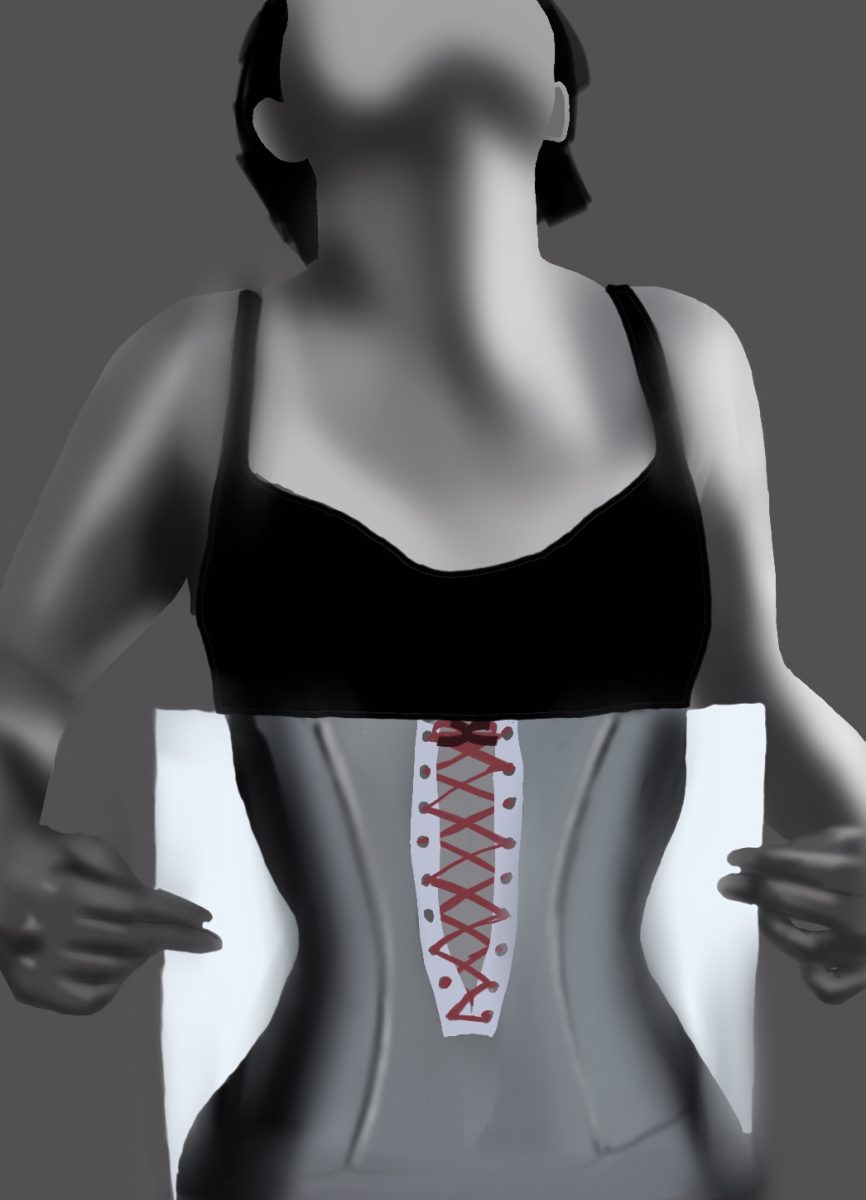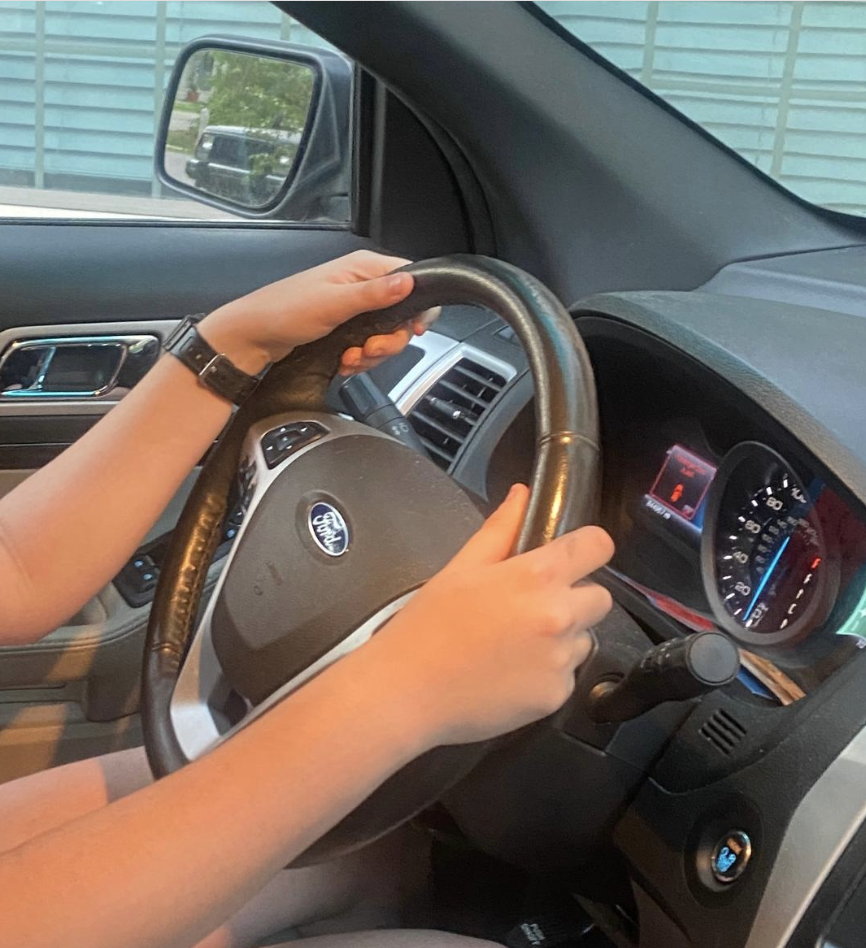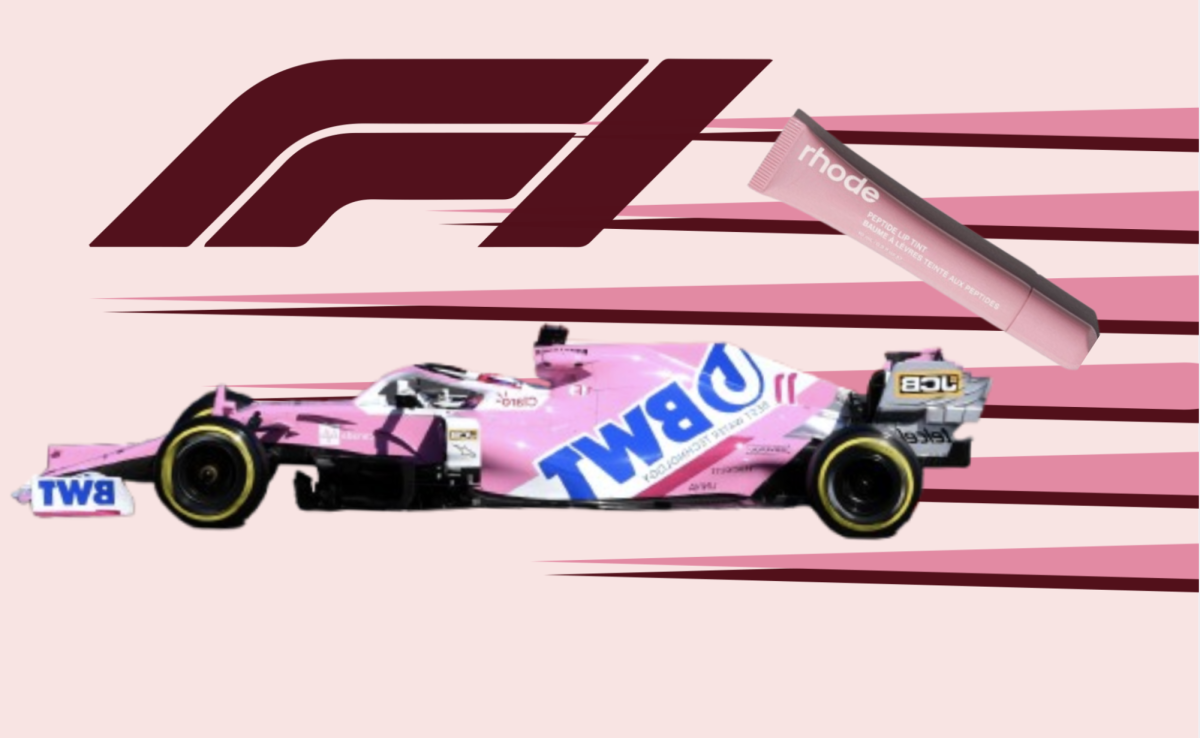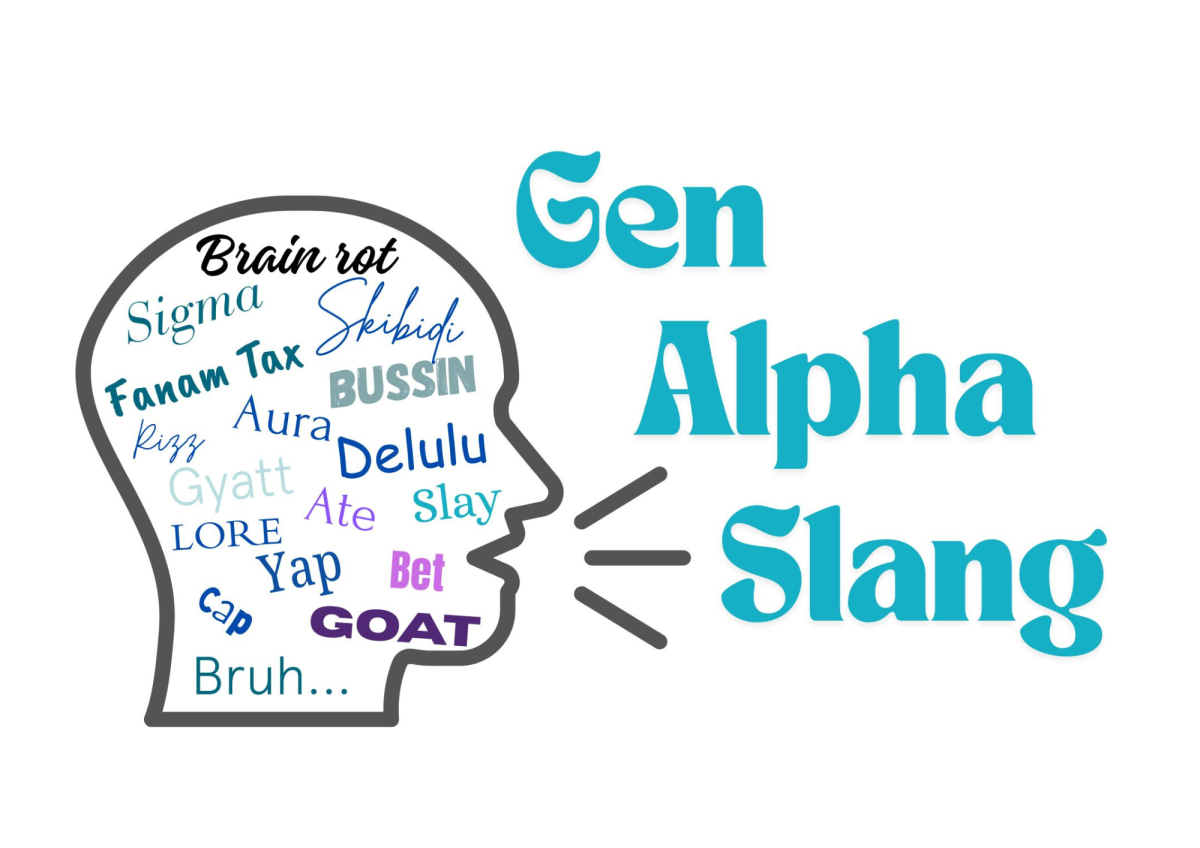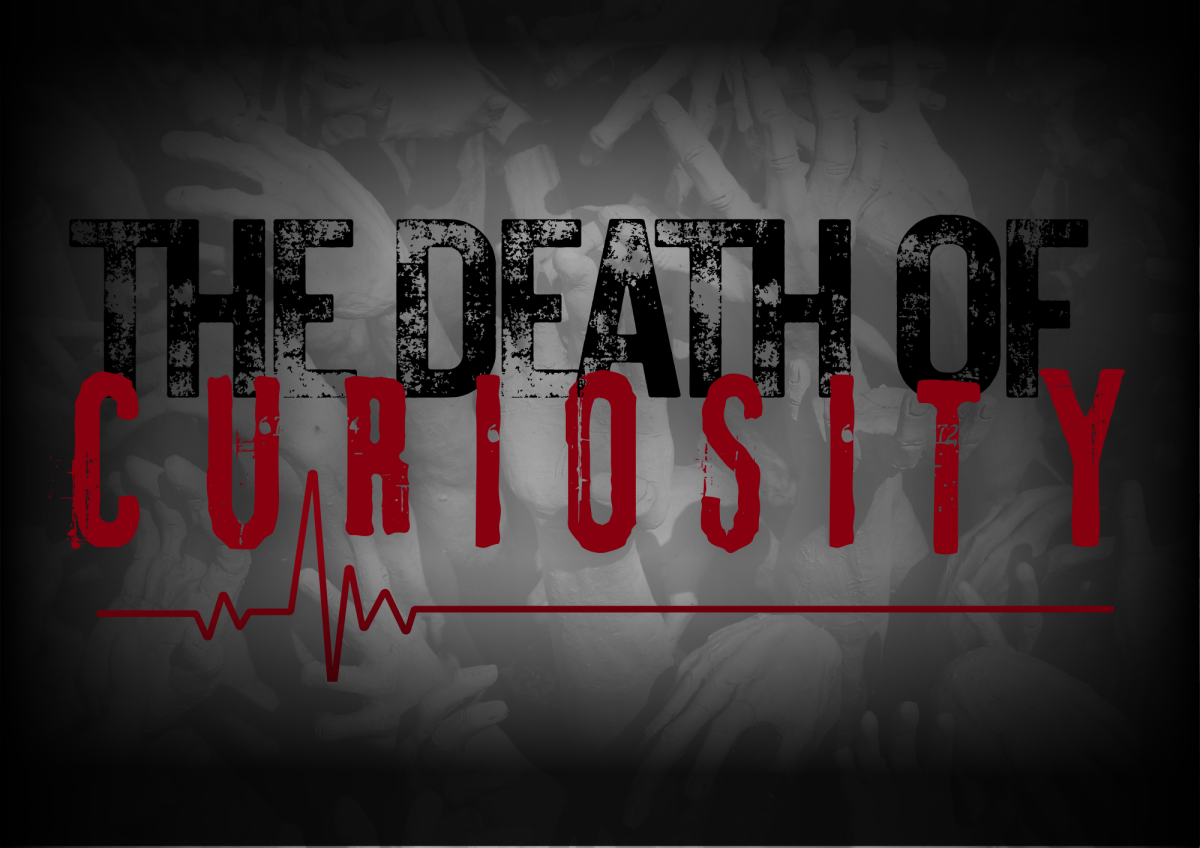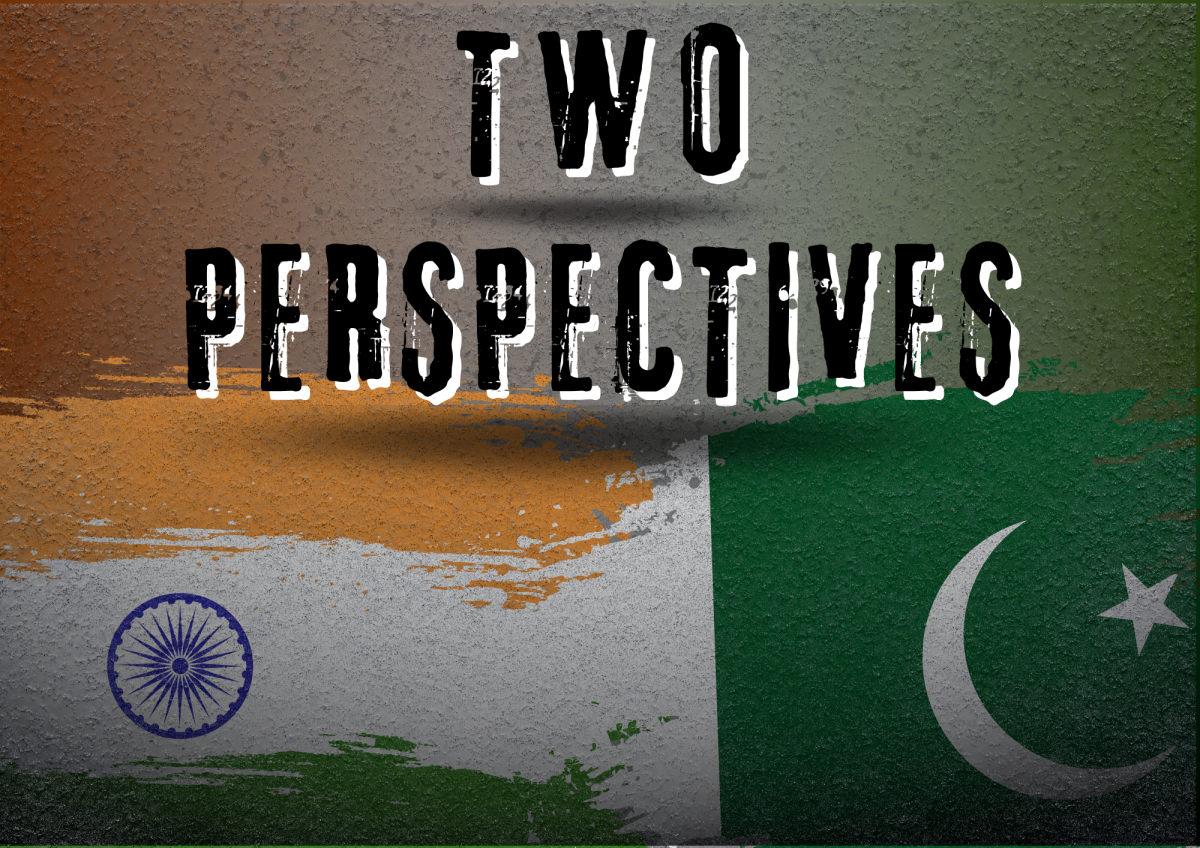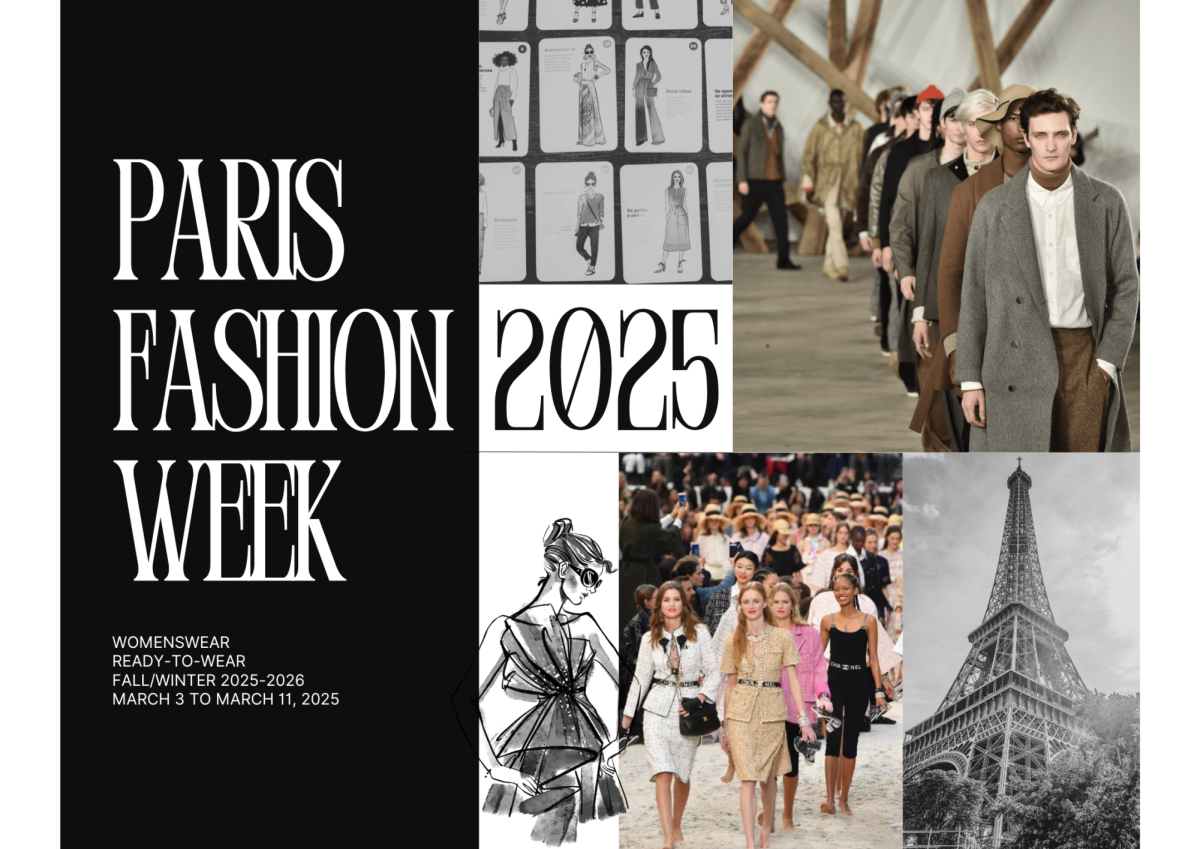Personally, I’ve never understood body shaming, or even body positivity. Celebrities get asked all the time in interviews, “Are you body positive?” To which (granted I was a celebrity) would reply, “No I haven’t been tested, are you?”
But seriously, if you feel guilty during any aspect of reading this then spoiler alert, you’re the problem and you need to grow up and stop shaming people for living.
“The Perfect Body”
Goodness me, I thought we were done yapping about what the “perfect body” looks like after Victoria Secret courageously stepped out of their comfort zone in 2014 and included a singular woman of colour out of 10 women on an ad for bikini’s, with the slogan “The Perfect Body”, and you guessed it, all the women were thin. How progressive.
But where are the chubby individuals? Because none is not good enough. Where are the darker skin tones? Because one is not good enough.
“Oh, but that ad was from years ago, and they changed it when people pointed out the lack of body shape and skin colour diversity.”. There is so much wrong with this sentence.
- It was from years ago. That’s quite comforting to know people have been body shaming for a lot longer than I thought.
- People had to point it out. Meaning it went through an entire marketing team, who thought, 1 out of 10 was enough colour representation.
- Even after 3000 people signed a petition, they still didn’t get the memo and only changed the slogan to “A Body for Every Body” with the same set of models posed in the same way.
Media Blaming
People blame the internet and the media, but forget the media is made of humans, the internet is human opinions written, done and posted. But we can’t blame celebrities if they were once school students like us, who are conforming to societal pressures from us on what a celebrity should look like.
Person 1: “I am so fat.”
Person 2: “No, you’re not fat, you’re beautiful.”
This is a common interaction I hear all the time. Yes, I will admit I am guilty of a reply of this nature, unaware that I was promoting the un-true idea that fat people aren’t beautiful.
You may also witness and hear the all-too-common scene in films when a woman is trying on a dress, and they turn to their friend and say:
“Does this make me look fat?”
I can acknowledge that I’ve used an example of body shaming in the media which has been integrated into real-life interactions. But speaking from the perspective of a school student, teenagers have this belief that they must look and fit into a certain stereotype, for people to like them and to feel valued by their peers and friends.
I always find it interesting when parents and teachers tell us to love ourselves and don’t listen to anyone, you are beautiful, and it’s dangerous to want to look like the models and celebrities we see online. But they don’t address the clear elephant in the room, and that’s the hierarchy of beauty standards within school.
Most friendship groups are formed based on appearance, whether it’s your body shape, your skin colour, your hair type, if you have acne, no acne, if you shave your body hair or not, whether you decide to wear makeup or not and so forth. Often people won’t be accepted into a particular group because of their appearance, and this can be a problem for both men and women. Their self-esteem will drop, they will start thinking poorly of themselves and may change things about their appearance to fit in. Don’t get me wrong there is some trash stuff out there on the topic of body shaming, but the media isn’t the root of the problem nor the most dangerous thing, it is simply the only place that teachers and parents can see it happening.
The root of the problem, when it comes to body shaming and bullying in schools, is the students and their confidence to be mean to others simply because they don’t look like a “model”.
Often teachers or parents don’t hear the nasty comments being told over lunch, or on the comment sections of a post, the whispers going around the classroom or the chit chats at weekend parties.
I call it “the sneaky shame game”, and I’ve got a few questions for people who play. Do you sleep well, knowing people are starving themselves so you won’t comment on their Instagram comparing them to a whale or a pig?
Or maybe, you get a sufficient ego boost when you shame a woman for wearing a low-cut top? Wait I’ve got it, you think your schooling reputation will skyrocket when people see you (making a fool of yourself) oinking like a pig at your “friend” for taking his shirt off to enter a race at the swimming carnival.
But you want to know what I think? Probably not but I’m going to tell you anyway. You are insecure and I believe you say these things to hide your own insecurities.
There are better feelings than that of insecurity but the high you get from bringing other people down is not one of them.
We can all agree that pineapple doesn’t belong on pizza (argue with a wall), so why can’t we agree that no one looks the same and that beauty is a spectrum that every single person fits on?
No one ever has the right to judge or shame another because of their appearance, and you should never question your worth as a human being because your value as a person does not come from another person’s opinion. Read that again.






